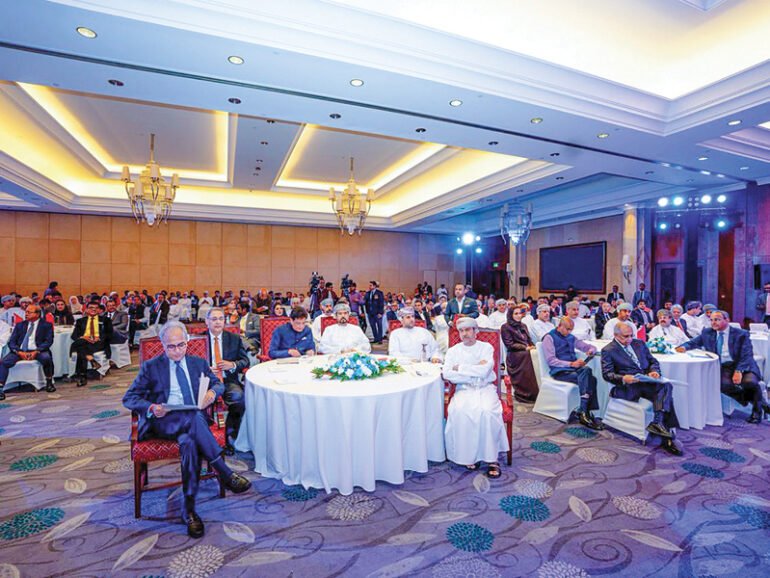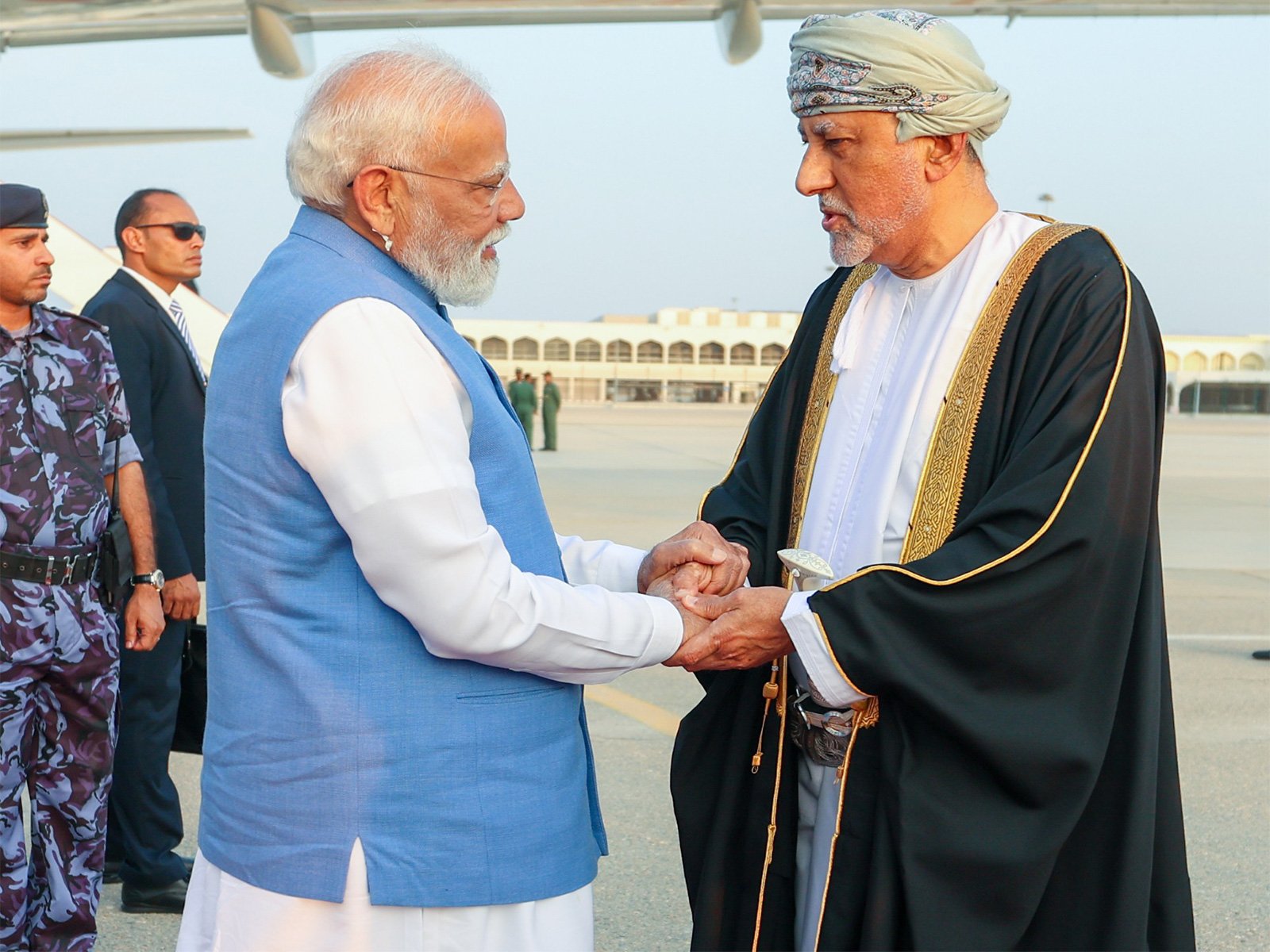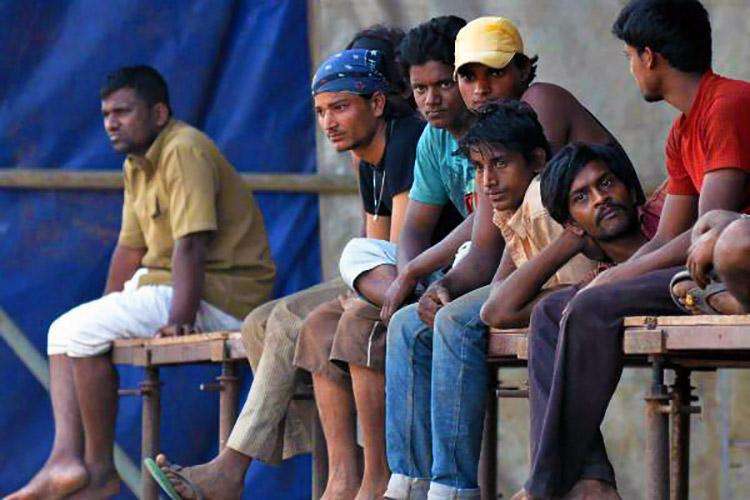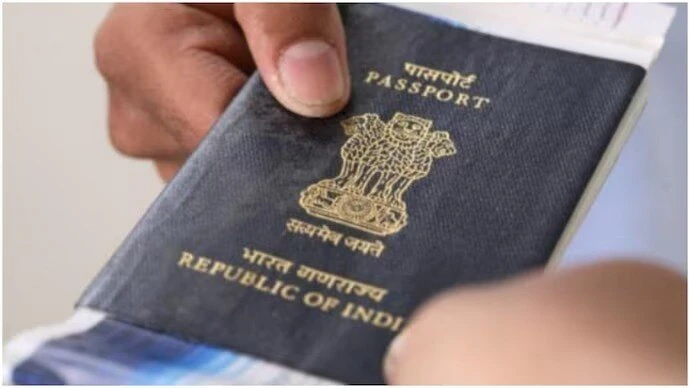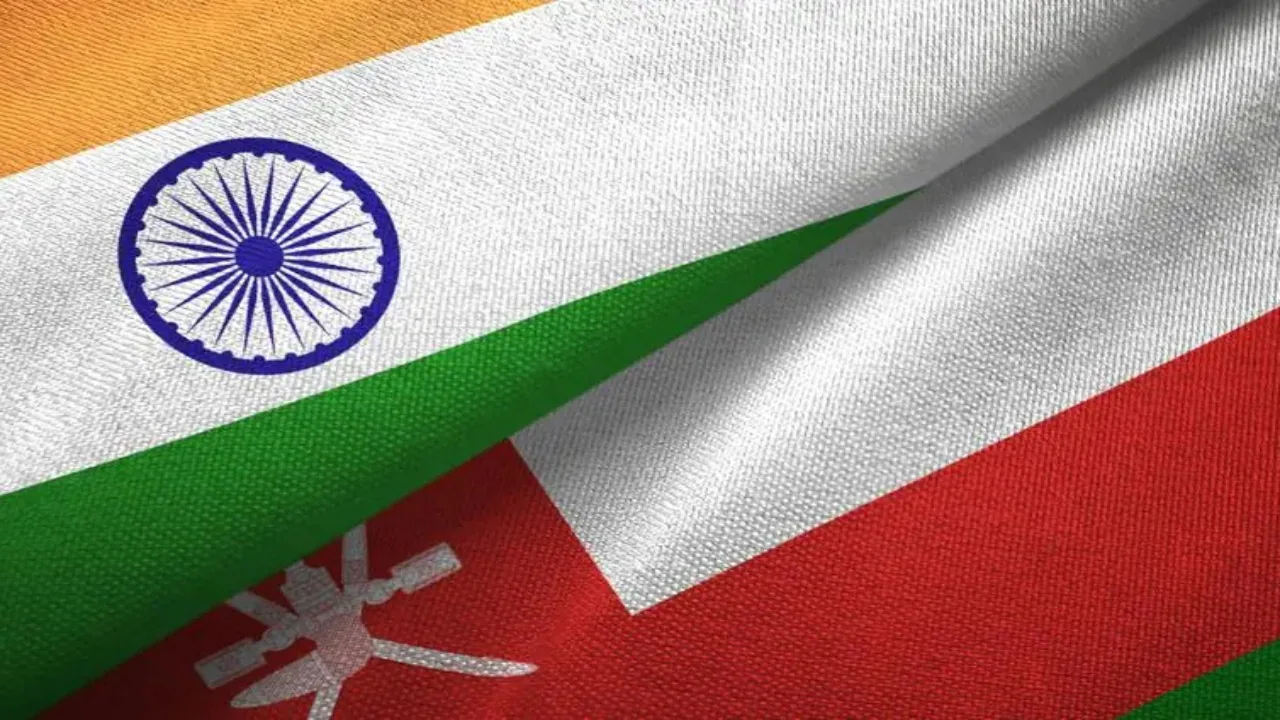I had the pleasure of attending the Chhath Puja, rooted in the religious fabric of Bihar, Jharkhand, and eastern Uttar Pradesh
As an expatriate from the Indian state of Himachal Pradesh, living in Oman for the past eight years, I have had the unique opportunity to witness and participate in the diverse cultural tapestry that characterizes the Indian community in Muscat. The city boasts a rich amalgamation of traditions, with a significant population hailing from various Indian states, all contributing to a vibrant and harmonious cultural milieu.
One of the remarkable aspects of the Indian community in Muscat is their enthusiasm for celebrating festivals from different states, bringing people together to partake in the joyous occasions. Recently, I had the pleasure of attending the Chhath Puja, a festival deeply rooted in the religious fabric of Bihar, Jharkhand, and eastern Uttar Pradesh. The event took place at Muscat’s picturesque Ghubra Beach, where the resonance of cultural traditions blended seamlessly with the tranquil coastal landscapes of Oman.
Chhath Puja, a festival primarily observed by Hindus in Bihar and its neighboring regions, has transcended geographical boundaries, finding resonance among Overseas Indians from these states. The celebration is not confined to the homeland but has become an annual tradition in various corners of the globe. In countries like the UK, the US, and even in Gulf countries like Oman, where a sizable Indian workforce resides, Chhath Puja has become a significant cultural observance.
The Chhath Puja celebration at Ghubra Beach was a testament to the spiritual fervor and cultural unity of the Indian community in Oman. Expatriates from Bihar, Jharkhand, and eastern Uttar Pradesh came together to observe the rituals with great devotion. For some, it was not just a religious ceremony; it was an opportunity to connect with their roots, to meet and greet people from their native areas.

Parmendra Singh from Bihar’s Aurangabad district shared his joy, emphasizing the sense of community and strength derived from knowing that people from his region were present in Oman. His wife Arti Singh kept fast for some 36 hours to perform Chhath.
Like her, there were many other women who kept fast in same manner. Friend, relatives and acquaintances were present at the beach to take part in the festivity.
Oman, with its stunning coastal landscapes and expansive beaches, provided a sacred and picturesque canvas for the Chhath Puja celebrations. A dedicated group in Oman has been actively participating in the festival for several years, turning the beach into a space for spiritual reflection and communal celebration.
Chhath Puja unfolds over several days, with each day marked by unique rituals. The Nahay-Khay ritual symbolizes purifying baths and the preparation of vegetarian meals without onions. The subsequent day, known as ‘Kharna,’ involves the crafting of traditional sweets and ‘Kheer,’ a delectable Indian dessert. The offerings, termed ‘Kharna prasad,’ are shared among devotees and guests, initiating a 36-hour fast.
As the festival progresses, devotees gather at water bodies for ‘Sandhya Arghya,’ an act of bathing and paying homage to the setting sun. The culmination occurs with ‘Usha Arghya,’ where devotees assemble before sunrise to offer prayers to the rising sun and break their fast, concluding the spiritually enriching celebration of Chhath Puja.
Being part of the Chhath Puja celebration in Muscat was not just a cultural experience; it was a testament to the resilience of traditions and the ability of a diverse community to come together, even in a foreign land, to celebrate and preserve their rich cultural heritage. The event at Ghubra Beach showcased the unifying power of festivals, transcending borders and bringing a piece of home to the shores of Oman.
************************************************************************
Readers


